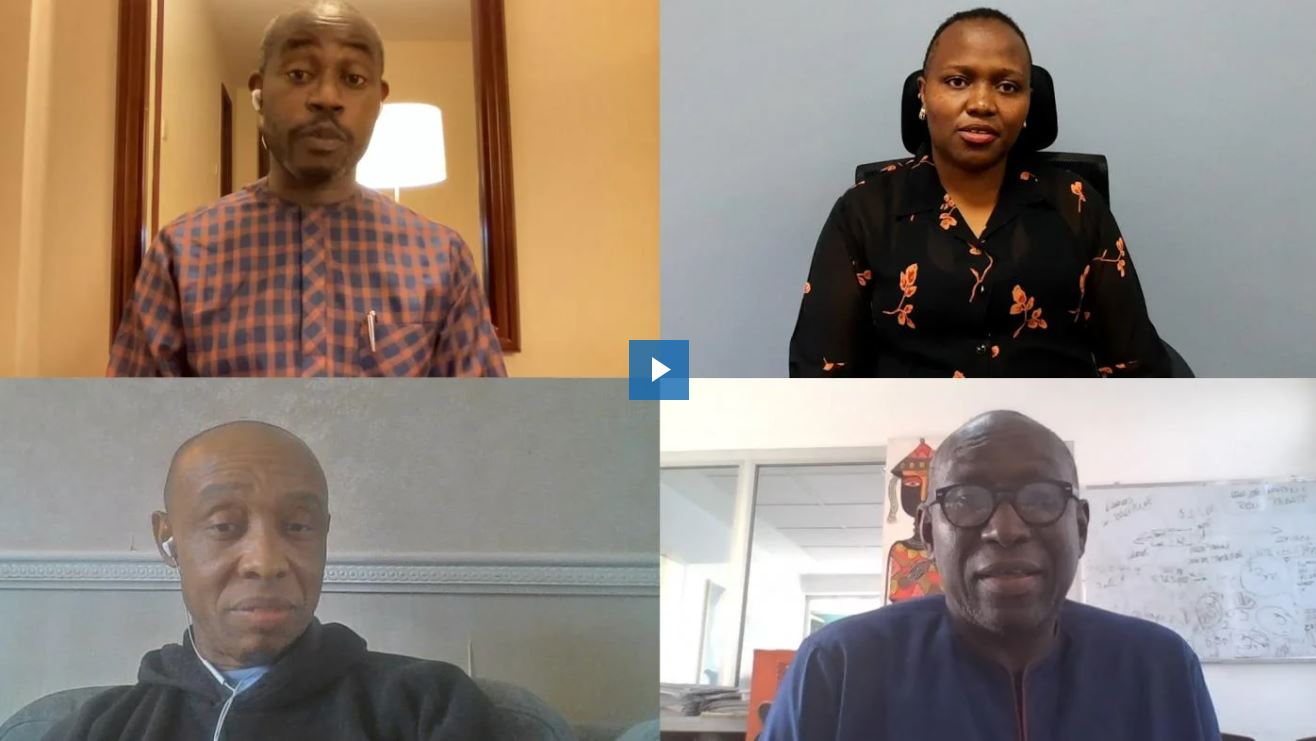
A coalition of African and American lawyers has filed a complaint of mass killings, violations of women, and military targeting of civilians in Tigray with the African Court on Human and People’s Rights. While the previous joint report by the Ethiopian Human Rights Commission and the UN has been widely criticized as biased and limited many are hoping for a just outcome and action to stop the Tigray genocide. Debevoise & Plimpton LLP has partnered with Legal Action Worldwide (LAW), as well as the Pan-African Lawyers Union (PALU), to submit a landmark complaint against Ethiopia.
The ACHPR investigation has been different in that many interviews have been done via live internet with first hand witnesses and medical providers including members of Mekelle University and others from Tigray who were able to evacuate outside the country. Although initially there was robust discussions including a statement asking for the cessation of air attacks affecting civilians the ACHPR investigation seemed to have quieted down in the past few months after a recommendation was made to have “experts sent to Ethiopia” to further investigate. This same discussion of experts was done at the recent African Union summit but in regards to peace negotiations without discussion of investigation.
The African Commission on Human Rights and Peoples Rights was created in 1987 and has a mandate to perform review and investigation of human rights violations with treaty members which include Ethiopia and Eritrea which are charter members. While Ethiopia is not signatory to the International Criminal Court it is subject to the African Court on Human and People’s Rights to provide legal opinions regarding complaints filed of it’s charter members.
Since the first reports of human rights abuses in the invasion of Tigray by Eritrean, Ethiopian nationals, mercenaries, and Amhara militia forces the Ethiopian government has sought to minimize their impact. In February 2021 when the former Minister of Women, Children, and Youth for Ethiopia, Filsan Abdullahi Ahmed, went to occupied Mekelle to review early findings. Although she said violations of women “occurred conclusively and without a doubt” this view was not shared by the Ethiopian government.
Subsequently, a joint report from the Ethiopian Human Rights Commission and the African Union which was very limited in the scope of where and with whom it conducted investigation. No interviews of health care providers in Tigray who provided treatment to victims were done. Much of the investigation was done by phone calls only to “witnesses” arranged by the occupying force who could be reasonably assumed to be under duress. Many areas such as Axum were not included in the joint report.

